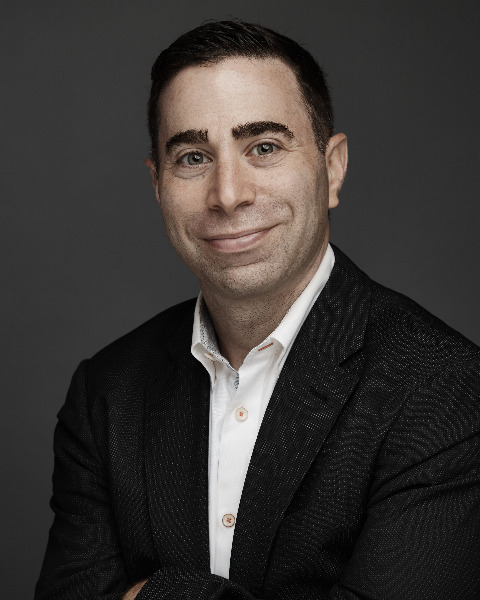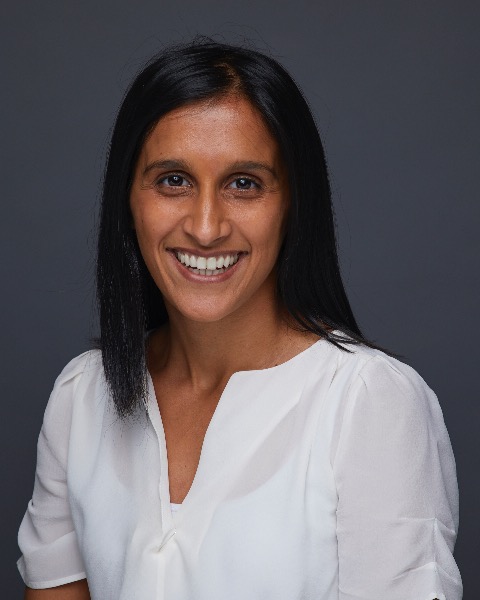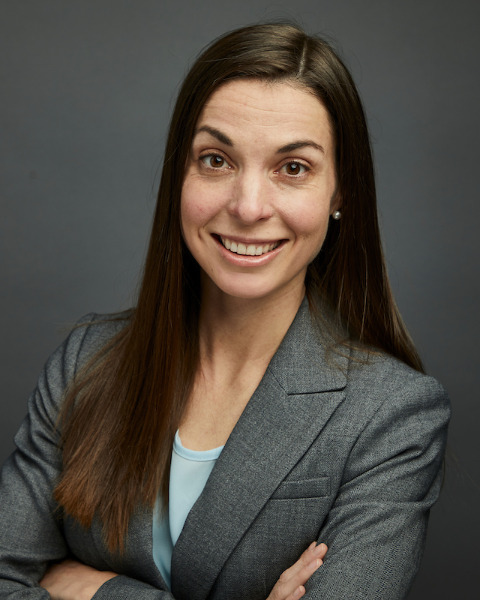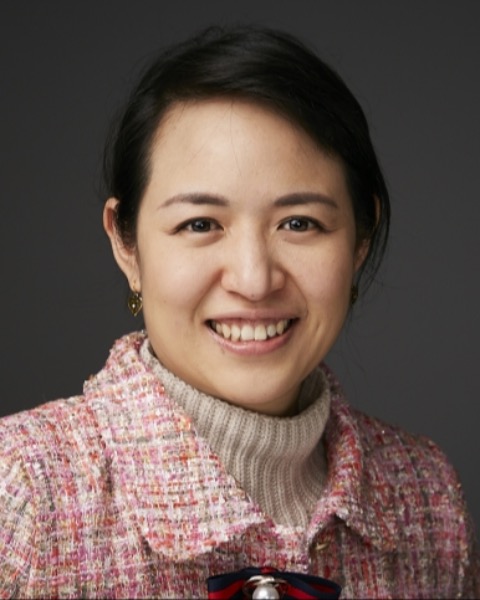Program Area: Health Sciences
Interdisciplinary Dementia Care Workforce Training and QI Implementation: Learnings from 25 Hospices
-

Abraham Brody, PhD, RN, FAAN, FGSA
Professor of Nursing and Medicine and Associate Director
Hartford Institute for Geriatric Nursing
HIGN at the NYU Rory Meyers College of Nursing
New York, New York, United States -
JG
Joseph Gaugler, PhD
Professor and Robert L. Kane Endowed Chair in Long-Term Care and Aging
School of Public Health
University of Minnesota
Minneapolis, Minnesota, United States -

Tina Sadarangani, PhD
Assisant Professor
Nursing
New York University
New York, New York, United States -

Rebecca Lassell, OTR/L, PhD
Postdoctoral Associate
Rory Meyers College of Nursing
New York University
New York, New York, United States -

Shih-Yin Lin, PhD, MM, MPH
Senior Research Scientist
Rory Meyers College of Nursing
New York University
New York, New York, United States -

Abraham Brody, PhD, RN, FAAN, FGSA
Professor of Nursing and Medicine and Associate Director
Hartford Institute for Geriatric Nursing
HIGN at the NYU Rory Meyers College of Nursing
New York, New York, United States
Chair(s)
Discussant(s)
Individual Symposium Abstract First Author(s)
To build and sustain a dementia-capable clinical workforce and care delivery organizations, it is essential to systematically disseminate evidence-based, interdisciplinary dementia care programs. The outbreak of COVID-19, clinical staff shortages, and competing priorities experienced by healthcare organizations including staff vaccination and other regulatory requirements, pose significant challenges to the continuation of agency-wide, interdisciplinary dementia care workforce training and quality improvement. In this symposium, we present our experience Implementing Aliviado Dementia Care, a comprehensive, interdisciplinary dementia care workforce training and quality improvement program amid COVID-19 across 25 U.S. hospice agencies, as part of an embedded pragmatic clinical trial. Aliviado Dementia Care consists of interdisciplinary dementia care workforce training, treatment algorithms, assessments, care plans, caregiver education, and clinical workflow changes. The symposium begins with a discussion of the training, knowledge improvement, turnover, and replenishing strategies of hospice champions during COVID-19. We then discuss how we tailored dementia care training for each of the skilled hospice disciplines (i.e., medicine, nursing, social work, spiritual care) and provide two case studies elucidating how additional tailoring was performed to fit local agency culture and needs during COVID-19. Furthermore, we discuss how we developed and iterated training for home health/hospice aides, the usability and training results, and specific considerations for training aides during COVID-19. Lastly, we conclude the symposium with a discussion of salient strategies and technologies that help sustain our nationwide implementation despite the ongoing COVID-19. Throughout each of these abstracts we also discuss how COVID-19 affected, and created differential implementation of components of the intervention.
Learning Objectives:
- After attending this session, participants will be able to summarize improvement in hospice interdisciplinary care team members' dementia knowledge after Aliviado training amid COVID-19.
- After attending this session, participants will be able to describe two levels of tailoring, by discipline and by agency, to ensure effective implementation of interdisciplinary dementia care workforce training amid COVID-19.
- After attending this session, participants will be able to summarize challenges and effective solutions, including human support and technology-based strategies, to sustain interdisciplinary dementia care workforce training in hospice settings amid COVID-19.
Presentations:
-
8:00 AM – 9:30 AM ETNationwide Aliviado Champion Training: Knowledge Improvement, Champion Turnover, and Lessons Learned
Individual Symposium Abstract First Author: Tina Sadarangani, PhD – New York University
-
8:00 AM – 9:30 AM ETInterdisciplinary Dementia Care Workforce Training During COVID-19 and Two Hospice Case Studies
Individual Symposium Abstract First Author: Rebecca KF Lassell, OTR/L, PhD – New York University
-
8:00 AM – 9:30 AM ETAliviado Home Health and Hospice Aide Dementia Care Expert Program Improves Aide Dementia Knowledge
Individual Symposium Abstract First Author: Shih-Yin Lin, PhD, MM, MPH – New York University
-
8:00 AM – 9:30 AM ETStrategies and Technologies to Sustain Nationwide Implementation of Aliviado Dementia Care
Individual Symposium Abstract First Author: Abraham Brody, PhD, RN, FAAN, FGSA – HIGN at the NYU Rory Meyers College of Nursing
